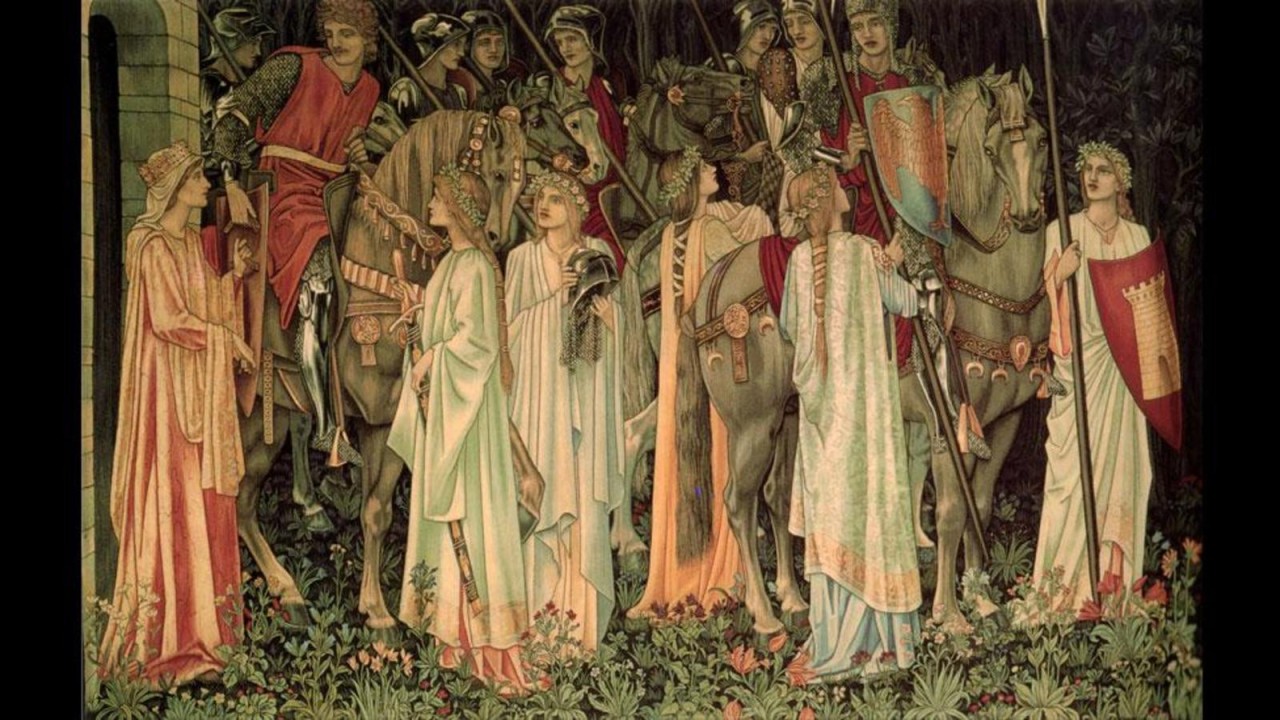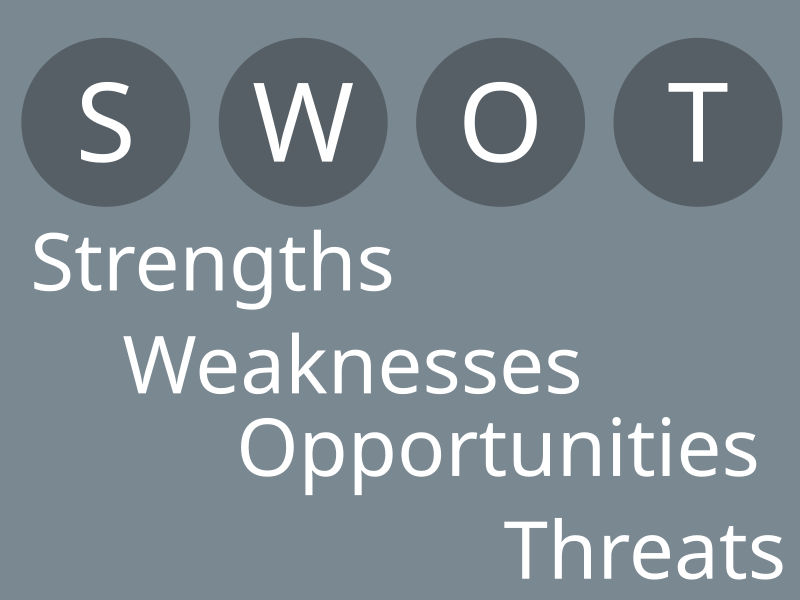A constant tension exists between the past, present, and future in the life of a city manager. A manager is confronted with expectations along this timeline from citizens, council members, business leaders, and him/herself.
Those wishing to maintain the status quo will always look to the “good old days” and remind the manager that the city must maintain or in some instances return to the “way things were years ago.” These citizens usually are focused on a tradition, event, or manner in which commerce was conducted in the past. They hold these memories as important and seek to have these and the social interactions they served to create continue. Unfortunately, a manager cannot turn back time nor prevent changes which time creates, and attempts to recreate never seem to fulfill expectations of those seeking the way things were in the “good old days.”
Those concerned for the present – (often council members) – are often keenly focused on meeting the present needs of their constituents. They view their primary purpose as a voice to those who elected them, even though data reveals that only 15 – 20% (Governing, 2014) of registered voters actually vote in municipal elections and this rate is declining; clearly demonstrating that those voters are small part of those they actually serve. The data raises the question who is representing the needs and desires of the 80 – 85% of citizens who choose not to vote? Those representing the “present needs” are also often the most vocal, speaking so loudly that their words obscure the real needs of the whole community and the community’s future well-being.
Finally, there are those focused on the future. Some of these are visionary leaders which can become frustrated with the slow processes of government. Once frustrated they complain to the city manager until their frustration reaches the point where they withdraw or in rare instances run for city council office so they can affect the needed change. The city manager’s ability to balancing their vision with the reality of governmental progress is no less than an art form. The manager must not only be able to help them understand incremental progress, but help them capture the widest possible view of their vision, i.e. expanding the focus beyond one need area.
Managers must remain solidly focused when confronted by these diverse and often challenging expectations. They can only be solidly focused, however, if they are centered in what they choose to believe is best for the communities they serve. If they are more concerned with their personal well-being – career security or advancement- they will be tossed by the waves of public opinion and unable to provide leadership to the community or model leadership to the Council.
My experience has shown me that the truths Councils and Citizens need to hear are often the truths they not only wish not to hear, but find most difficult to understand. So where and how do you begin? These are the first three steps I take to convey the truths of community leadership:
- Checking my moral compass – Whom am I serving – my interests or the interests of the community today and in the future?
- It’s not about today. I convey my leadership philosophy to the Council during the interview process (before I am hired). An essential component of my leadership philosophy to directly convey to them that the while they do represent their constituents today – their primary duty is to make decisions that better the lives of their constituents’ grandchildren and great-grandchildren. Leadership requires a 50,000 foot and 50 year view. Leadership also requires an understanding that present day needs can also be better addressed when planning for the future. I speak directly and clearly of this philosophy and provide examples from my career experience illustrating the outcome of this implementation or dismissal of this philosophy.
- Remind and Reinforce – Stay Centered. We as humans need constant reminders. This is particularly true when we are faced with diverse expectations and vocal demands. Council member face pressure from constituents – particularly in the social media world we live in today. The city manager must provide constant reminders that it is not about us and not about today must be provided in an encouraging and supportive manner to the Council members. He or she must also stay centered by constantly checking their moral compass and drawing strength from their commitment to serve.
Hopefully these ideas can benefit those of you who share my profession. I realize they are “big picture” community leadership steps, but they have served well as my leadership foundation, hopefully they can be of benefit to you. My opinions and thoughts on leadership in this arena will be in future articles and posts.






